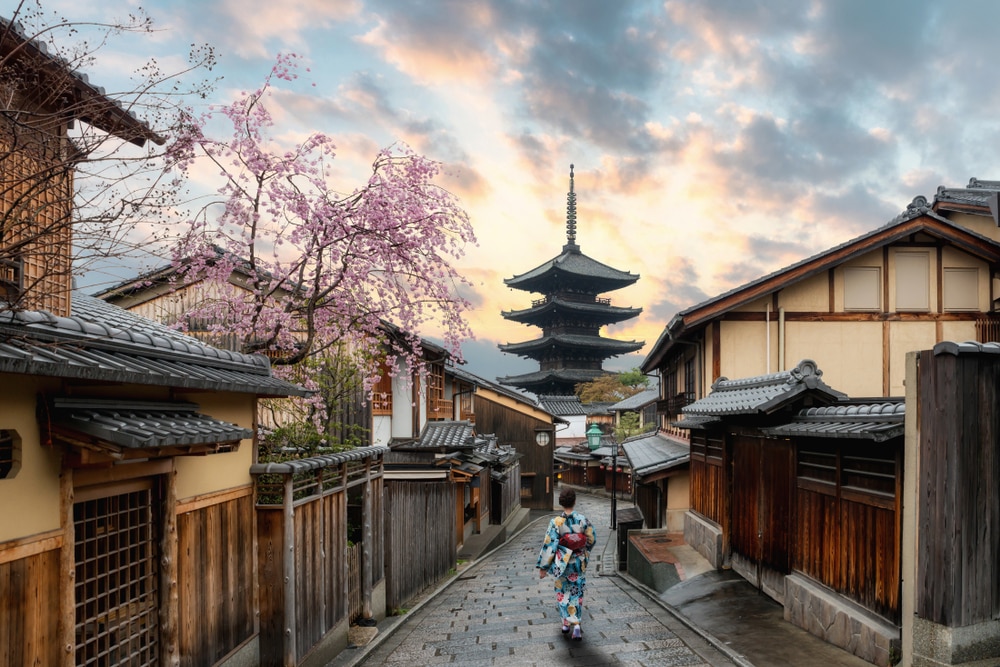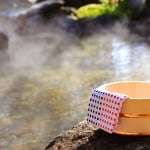Photo by Travelerpix/Shutterstock
10 Taboos You Should Make Sure Not to Do When Visiting Japan
If you're planning a trip to Japan this year, it's important to be aware of some cultural taboos and behaviors that are generally frowned upon. To help you navigate these customs and ensure a smooth and enjoyable experience, we've compiled a list of common mistakes that first-time visitors often make.
table of contents
[x] close
10 Taboos You Should Make Sure Not to Do When Visiting Japan
Tipping
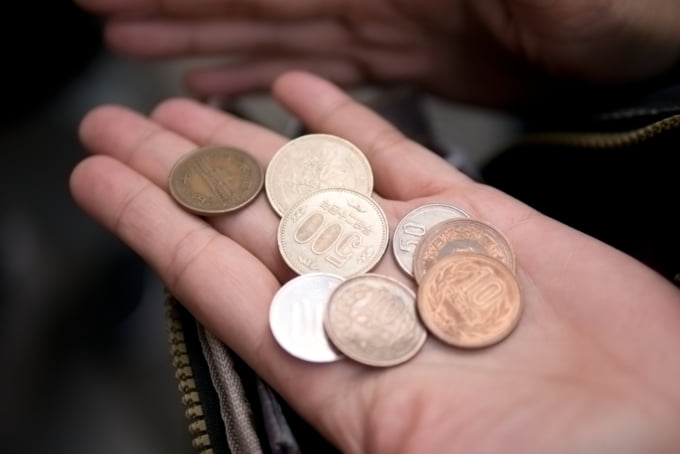
Photo by favorstyle/Shutterstock
Tipping for good service is common in many countries, but in Japan, it’s not part of the culture and can lead to awkward situations. Workers in the service industry typically receive a fair wage, so if you try to leave a tip, you might find someone running after you to return it. It's best to simply express your appreciation with a polite thank you.
Not Taking Your Shoes Off When Required
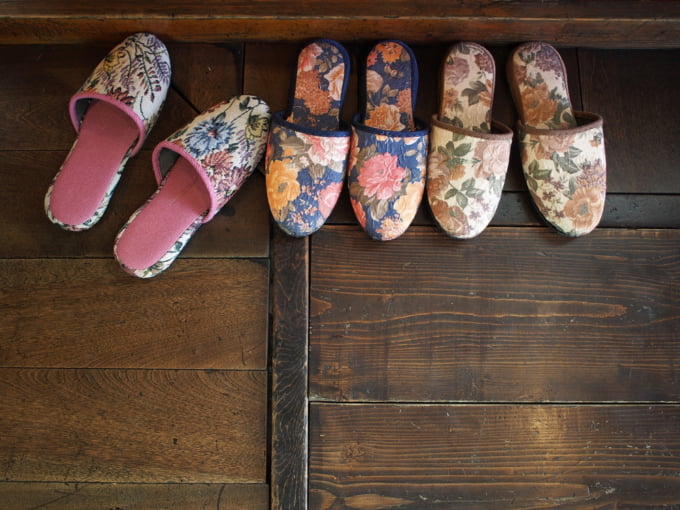
Photo by CookieNim/Shutterstock
In Japan, it's customary to remove shoes before entering homes and certain other places such as restaurants, hotels, ryokans, temples, and onsens. This practice helps keep the indoor space clean, as much traditional Japanese life involves sitting and sleeping on the floor. When shoes need to be removed, indoor slippers are typically provided. Additionally, you'll often find a separate pair of slippers in front of bathrooms, designated exclusively for use in the toilet area.
Taking Advantage of the Polite Japanese 'No'
In Japan, a direct "no" can come across as too blunt or impolite, so people often use softer expressions to decline or refuse something. This approach might be confusing at first, but the intent is usually clear through context and tone. However, some visitors may misinterpret the lack of a direct "no" as permission to proceed. It’s important to be aware of and respect this cultural nuance to avoid awkward or uncomfortable situations with locals.
Standing on the Wrong Side of the Escalator
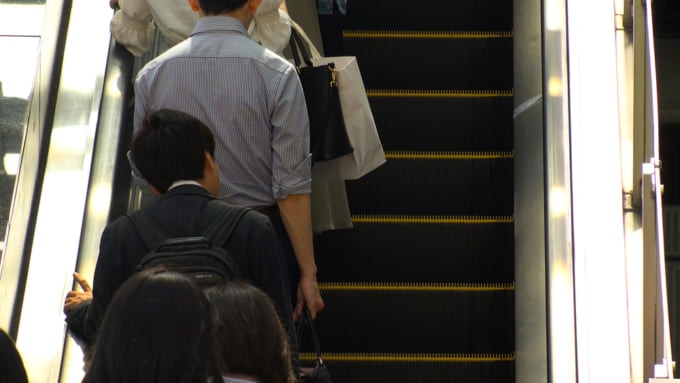
Photo by StreetVJ/Shutterstock
In Japan, politeness extends to how people use escalators. In most cities, including Tokyo, people stand on the left side, leaving the right side clear for those who need to pass quickly. However, in Osaka, the practice is reversed, and people stand on the right. To avoid any confusion, just follow the local custom and keep the side next to you free of luggage or travel companions to ensure a smooth and considerate experience for everyone.
Improper Use of Chopsticks

Photo by kazoka/Shutterstock
When dining with chopsticks in Japan, it's crucial to avoid two specific actions: sticking your chopsticks upright in your food and passing food from one set of chopsticks to another. Sticking chopsticks upright in a bowl of rice is associated with funeral rituals, as it resembles offerings made to the deceased. Similarly, passing food between chopsticks mimics the practice of transferring bones during cremation ceremonies. To respect these cultural norms, handle your chopsticks carefully and avoid these gestures.
Being Loud While Using the Public Transport System
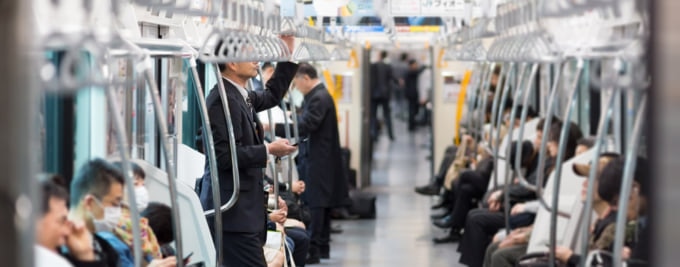
Photo by Matej Kastelic/Shutterstock
If you’re using Japan's public transportation system, you'll likely see signs encouraging passengers to be considerate. This includes keeping noise levels low and avoiding phone conversations. Many people use trains and buses for their daily commutes, often enduring long rides, so it’s important to follow these guidelines to ensure everyone has a comfortable and pleasant experience. Adhering to these rules helps maintain a respectful and peaceful environment on public transit.
Throwing Your Rubbish in the Wrong Bin
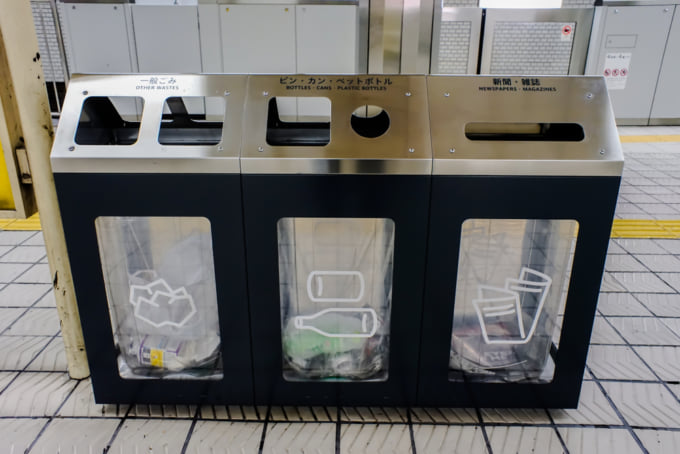
Photo by theoldman/Shutterstock
In Japan, there’s a strong emphasis on reducing environmental impact, which is evident in their waste management practices. Public bins are typically divided into categories such as burnable (paper), non-burnable (plastic), and bottles and cans. It's important to sort your trash into these categories to support Japan’s clean and efficient waste system. By following these guidelines, you contribute to environmental sustainability and help maintain the overall cleanliness and health of the community.
Taking Up a Priority Seat on Public Transport if You Don't Need It
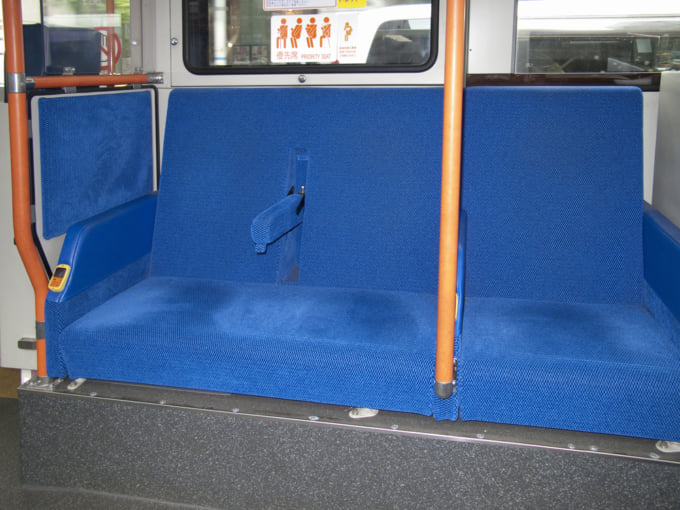
Photo by KPG Payless2/Shutterstock
In Japan, public transportation includes priority seating designated for elderly passengers, pregnant women, disabled individuals, and those with infants. These seats are usually found at the ends of train carriages or towards the front of buses, marked with specific stickers. When the train or bus is not crowded or if there are no passengers needing these seats, it’s generally acceptable to use them. However, if a person who qualifies for priority seating boards, you should promptly give up the seat to accommodate them, ensuring a respectful and comfortable journey for everyone.
Getting Into Bathtubs or Hot Springs Without Showering First
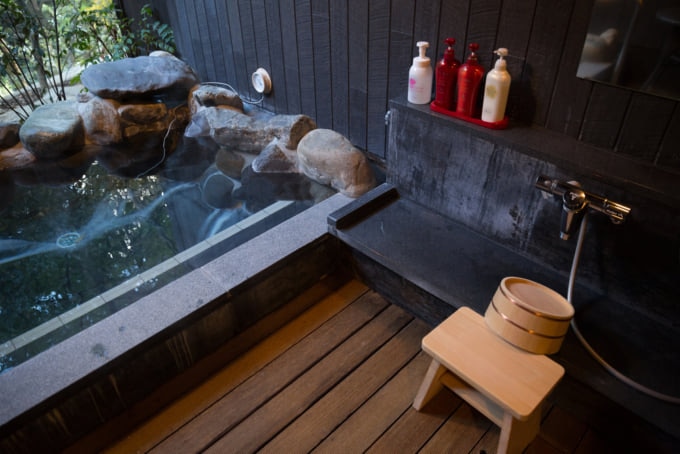
Photo by Benoist/Shutterstock
In Japan, it’s customary to thoroughly shower before entering the bath. The bath water is primarily for relaxation and is often shared among family members, so it's important to be clean before entering. You’ll typically find a designated showering area next to most bathtubs for this purpose. This practice also extends to public baths and hot springs, where the water is shared by many people. Ensuring you’re clean beforehand helps maintain a hygienic and enjoyable experience for everyone.
Handling the Taxi Door
While not strictly enforced, you'll notice that in Japan, taxi doors open and close automatically. This feature helps you identify whether a taxi is available and ensures smooth operation of the doors. Although you can open and close the doors manually if needed, it's generally better to let the automatic system handle it to avoid any potential disapproval from the driver.
Conclusion
Most visitors to Japan are often forgiven for minor lapses in etiquette that might be seen as impolite if committed by a local. However, making an effort to respect and follow local customs can significantly enhance your experience. As the saying goes, "When in Rome, do as the Romans do!"—embracing local practices will help you make the most of your visit.





